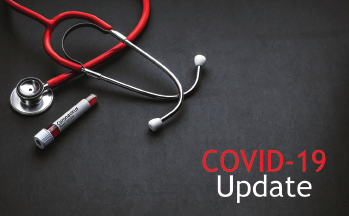Although these emergency measures were implemented with good intentions, providers must be prepared for audits in several overlapping areas due to their corresponding risks for fraud and abuse.


Although these emergency measures were implemented with good intentions, providers must be prepared for audits in several overlapping areas due to their corresponding risks for fraud and abuse.

After an initial scramble at the beginning of the COVID-19 pandemic, telemedicine has turned into a patient pleaser.

For many physicians, discussing political beliefs or controversial advocacy work with patients seems inappropriate or even unethical, though many patients may have no problem with it.

Here are key practices providers should focus on to create a safer, more stable environment for patients while remaining vigilant for a COVID-19 resurgence.

The need for social distancing triggered by coronavirus requires a change in physician-to-physician interactions from in-person meetings to virtual.

Common challenges when treating physician-patients include maintaining boundaries and avoiding assumptions about patient knowledge and behaviors.

Ageism can hurt both physicians and patients. Here’s a look at the federal and state laws surrounding ageism.

Recent changes in state and federal laws have made telemedicine services more likely to be covered and reimbursed by insurance companies, benefitting both providers and patients.

Otolaryngologists rely on a mix of old and new tactics to attract patients.

Physician practices need a clear understanding of why private equity may be a good option. Here’s what you need to know before agreeing to a deal.